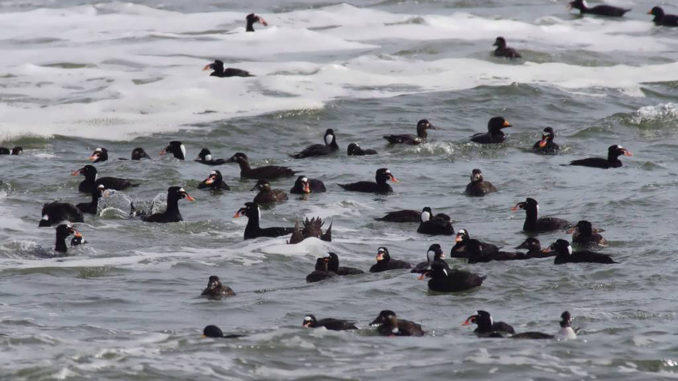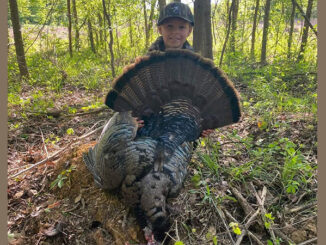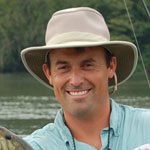
Because of different season dates, a small percentage of waterfowl hunters have used sea ducks to extend their shooting, but this season, regulation changes ended that practice.
Dean Harrigal, waterfowl biologist for the S.C. Department of Natural Resources, said declining populations of sea ducks caused seasons to be shortened.
“We had a big change in sea duck hunting this year,” Harrigal said. “A long time ago, sea ducks were given a second season to promote taking of sea ducks from Oct. 1 through the end of January. Now, the season is congruent with the other 60-day duck season.”
Hunting pressure in northeastern states as contributed to an initiative to reduce harvests by 25 percent. Additionally, sea ducks are also included in the six-duck bag limit. In previous years, sea ducks had their own limit, and hunters could take a six-bird limit of sea ducks and another six-bird limit of divers and puddler ducks killed inland on the same day.
Harrigal said sea ducks have a different reproductive strategy and may require a longer recovery period than other species.
“Sea ducks aren’t like traditional dabbling ducks with short life spans and high reproductive rates. Sea ducks are longer-lived species with shorter reproductive rates as compared to other ducks,” he said.
While SCDNR aligned sea duck seasons and bag limits with other ducks, some regulations remained intact, offering benefits for hunters to target sea ducks. The sea duck zone beginning one mile offshore and seaward remained intact. Hunters can still take five sea ducks in this zone versus only four outside of the zone. Additionally, hunters can retrieve and shoot down cripples under power in the sea duck zone.
For more information, visit www.dnr.sc.gov.



Be the first to comment